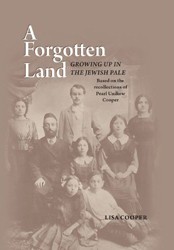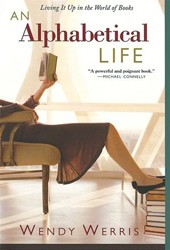The lives of the ultra-Orthodox are necessarily closed books, bound by the writings of scholars and the teachings of prophets, inaccessible to outsiders — even to those who share their faith but believe less fiercely or practice less rigidly. In her memoir, The Rabbi’s Daughter, Reva Mann unflinchingly depicts her experiences as a rebel, a convert, and an iconoclast, allowing the reader entrée into that circumscribed world.
In unforgiving detail, she describes a childhood of restriction and emotional neglect in London, as her father, a rabbi, tries to bridge the distance between observance and assimilation. Mann slips toward the secular extreme, abusing drugs and shacking up with a shaygets, but eventually ends up in Jerusalem at a yeshiva for women new to the faith, striving to fashion an identity through zeal, perseverance, and sacrifice. She reconstructs the arc of her marriage and her motherhood, painting the rituals of a religious life in short strokes: she conjures the mikvah and the conjugal bed, the hunt for chametz, and the cholent she’d leave stewing every Shabbos. It’s a compelling representation of life inside the boundaries of Hasidism, and an intriguing read for anyone who wants to take a peek.



